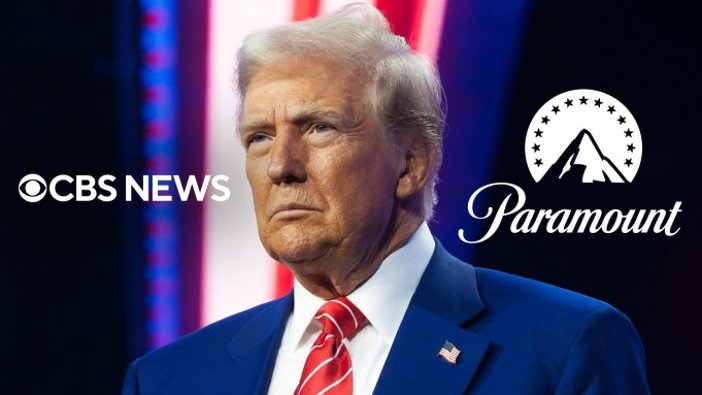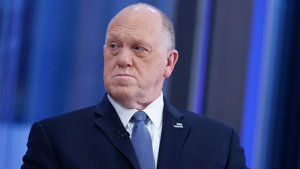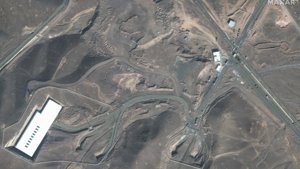
Paramount, CBS Settle Trump Lawsuit Amid Backlash
Paramount and CBS settle Trump’s $20B lawsuit, sparking fierce criticism from legal and press freedom advocates.
Settlement Reached in Trump’s High-Profile Lawsuit
Paramount Global and CBS have agreed to settle President Donald Trump’s $20 billion election interference lawsuit, a decision that has provoked widespread outrage across legal, journalistic, and political circles. The lawsuit accused CBS News of deceptively editing a "60 Minutes" interview with then-Vice President Kamala Harris to improve her image ahead of the election.
Despite many legal experts and Paramount’s own attorneys viewing the lawsuit as meritless, the companies opted for an eight-figure settlement. Insiders attribute the move to pressure from Paramount’s controlling shareholder, Shari Redstone, who reportedly sought to clear the way for regulatory approval of a merger with Skydance Media by Trump’s FCC.
Widespread Backlash Over Press Freedom
The settlement has generated a wave of backlash. Journalists, media watchdogs, and advocacy organizations for press freedom have sharply criticized the decision. Senator Bernie Sanders warned the agreement sets an “extremely dangerous precedent in terms of both the First Amendment and government extortion,” while Senator Ron Wyden accused Paramount of accepting a "bribe" and threatened future federal scrutiny.
American Civil Liberties Union director Ben Wizner called the lawsuit "frivolous" and described the company’s decision as a betrayal of journalism’s core values. The Freedom of the Press Foundation labeled the move a "dark day" for press freedom, arguing that such capitulations invite further legal targeting of media organizations. The group’s advocacy director, Seth Stern, vowed to continue pursuing legal remedies and holding Paramount’s directors accountable.
First Amendment legal experts echoed these concerns. Renowned attorney Floyd Abrams described the settlement as an ominous blow to press freedom, while FIRE Chief Counsel Bob Corn-Revere warned that the outcome could embolden government officials to further pressure the media. "This settlement will only embolden the president to continue his flurry of baseless lawsuits against the press," Corn-Revere said.
Settlement Terms and Reactions
PEN America’s Tim Richardson accused Paramount of failing to protect CBS journalists and suggested that the settlement signals media companies can be pressured when profits are at stake. Richardson noted that another major network also settled a lawsuit with President Trump, highlighting growing risks for media independence.
Heritage Foundation media fellow Tim Young offered a dissenting view, saying he was glad the settlement happened but doubted it would change media coverage of public figures.
Paramount, for its part, defended the settlement, citing the unpredictable costs and risks of litigation. The company stated that settling allowed it to focus on business objectives rather than prolonged legal battles. While some sources claim the settlement could exceed $30 million, including funds for Trump’s presidential library and conservative causes, Paramount’s current management disputes parts of the reported deal structure.
As part of the agreement, CBS admitted no wrongdoing and will not issue an apology. The network did commit to releasing full, unedited transcripts of interviews with future presidential candidates as a new editorial standard. Trump’s legal team celebrated the settlement as a victory, framing it as accountability for what they described as media “wrongdoing and deceit.”
The controversy underscores mounting tensions between government officials and the media, as well as ongoing debates over the boundaries of press freedom and legal accountability. With Paramount’s directors facing calls for transparency and legal scrutiny, the case’s impact on the relationship between the press and political power is likely to reverberate far beyond this single settlement.






